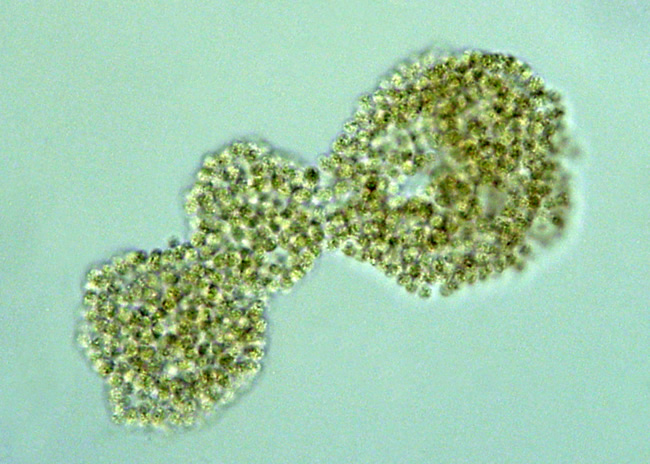Harmful algae growth can have a negative impact surface waters for both human health and ecosystems. In drinking water, algae can lead to odours and unwanted tastes and an increased risk of toxins and bacteria.
Most countries counteract these effects through water treatment, but the treatment chemicals can cause their own set of problems for human health. A recent study in the journal Phycologia suggests natural products may provide an alternative.
Researchers from the University of Extremadura in Badajoz, Spain tested to see if algae could be removed using natural coagulants rather than chemical coagulants, such as aluminum and other metal salts that may lead to health problems.
The researchers looked at four species of algae that are plentiful in freshwater reservoirs: Chlorella, Microcystis, Oocystis, and Scenedesmus, to test the efficacy of water treatment products made from natural materials such as tree bark and wood.
The results showed that several natural products were more effective at removing algae from surface water than aluminum sulfate. The wood-based coagulant TANFLOC removed 94 per cent of the algae during lab tests, making it the most effective product tested. Additionally, the larger the dose of the product, the more effective it was in treating the water.
A larger dose had a greater effect, and the treatment worked best at a water pH below 8.
Phycologia editor-in-chief David Garbary said, “The authors introduce a simple technology for the removal of algae from water samples that may be a major boon in providing clean water in the Global South. It provides an approach that can utilize local materials that are completely organic, and sustainable.” This is the first major study on the extent to which tannin-based coagulants can effectively remove algae from water.
Full text of the article “Microalgal Removal with Natural Coagulants,” Phycologia, Vol. 55, No. 6, 2016, is available online.









